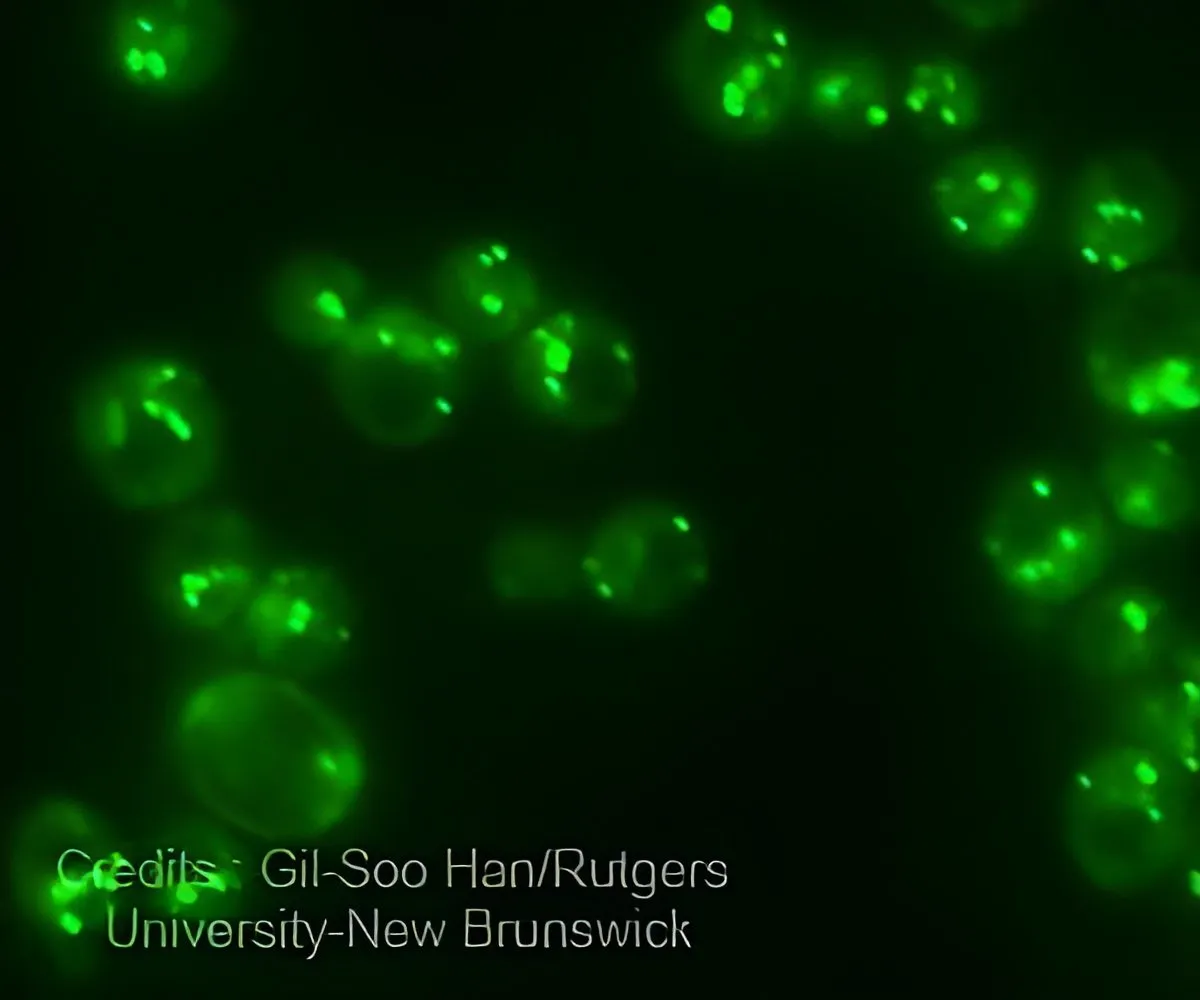Understanding the Role of Lipids in Cancer Biology and Treatment

The Significance of Lipids in Cancer Biology
In recent years, lipids have emerged as essential components in the field of cancer biology. They serve not only as energy sources but also play pivotal roles in oncogenic signaling and the survival of cancer cells. This insight sheds light on the intricate relationship between lipid metabolism and the tumor microenvironment.
Altered Lipid Metabolism as a Target
Understanding altered lipid metabolism can lead to new targets for cancer treatment. As cancer cells reprogram their metabolic pathways, targeting these processes promises innovative lipid-targeting therapies that can disrupt cancer cell survival.
Lipids as Cancer Biomarkers
The analysis of lipid profiles holds the potential for revolutionizing cancer diagnosis. Identifying specific lipid signatures may improve early detection, enabling personalized treatment plans that cater to the unique characteristics of individual tumors.
Preclinical Studies on Lipid-Targeting
- Preclinical studies highlight how targeting lipid-dependent pathways can starve cancer cells.
- Nanocarriers utilizing lipids for drug delivery enhance the therapeutic efficacy of traditional treatments.
Future Directions in Lipid Research
The insights into lipid metabolism in cancer point towards a promising future. The ongoing research into lipid profiles and their impact on metabolic reprogramming elicits hope for more effective cancer therapies.
This article was prepared using information from open sources in accordance with the principles of Ethical Policy. The editorial team is not responsible for absolute accuracy, as it relies on data from the sources referenced.